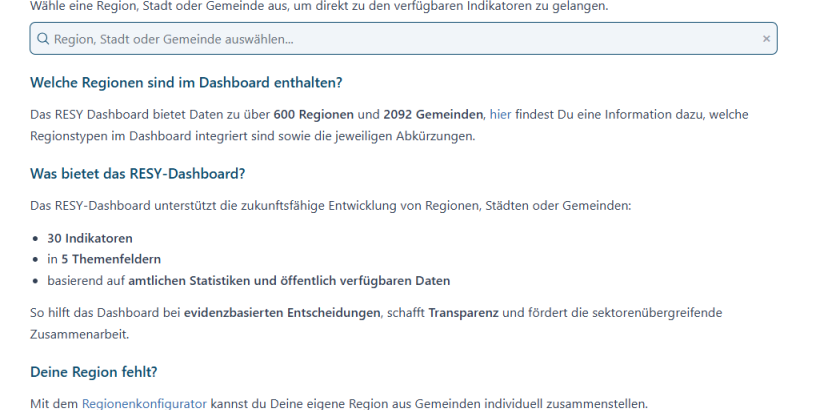
The year 2024 has been identified by the World Meteorological Organization (WMO) as the warmest year on record. This observation shows a much broader climatic trend, with the past decade consistently featuring among the ten warmest years ever documented. This ongoing trend shows that climate change is having a stronger and faster impact on the planet, making global warming a growing concern.
In response to these challenges, as well as Austria’s commitment to the Sustainable Development Goals (SDGs) and the Paris Agreement, Vienna is stepping up their efforts to combat climate change.
The city is planning to be the first federal state in Austria to introduce its own climate law, which is due to be passed in spring 2025.
The aim of the law is to make the city climate-neutral by 2040 and is based on three central pillars: climate protection, climate adaptation, and the circular economy.
A Clear Commitment to Climate Neutrality
At the heart of the new law is Vienna’s ambitious goal of becoming climate-neutral by 2040. This means that the entire city administration must also be organized in a way that minimizes greenhouse gas emissions. To make sure this vision becomes reality, Vienna is putting a structure in place to guide and monitor progress.
Coordinated Climate Action
To ensure that climate protection efforts are well-coordinated and effectively implemented, Vienna is establishing several key bodies:
- Steering Group - Climate Matters (chaired by the mayor): This group will be responsible for overseeing the implementation of the climate roadmap, ensuring compliance with the climate budget, and, if necessary, drawing up an immediate action plan.
- Coordination Centre - Climate Matters: This centre will support the municipal council in regularly updating the climate roadmap and help the Steering Group with its tasks.
- Climate Council: Bringing together diverse expertise, the Climate Council will consist of three parts: the Climate Council - Science (an advisory board of scientists), the Climate Council - City (a board for city administration), and the Climate Council - Society (a public sounding board). This council will provide valuable advice to both politics and city administration.
Climate Roadmap and Budget
The Climate Law, set to be passed, also mandates a climate roadmap (see graphic below) that will be regularly updated with strong public participation, ensuring that the people of Vienna have a voice in shaping climate policy. This roadmap will outline clear targets and strategies to reduce emissions and make the city more resilient to climate change. It further contains over 100 measures to promote climate protection and adaptation to climate change.

To back up these plans financially, the Climate Act introduces a climate budget. This budget will not only be able to see exactly the financial outlay for projects, but also the CO₂ consumption and so be able to prioritize spending which maximizes the impact on sustainability.
Climate Checks and Alliances
To make sure that climate protection is embedded in all areas of city planning and administration, the Act includes climate checks for new laws and regulations. Additionally, construction projects within Vienna's sphere of influence will undergo thorough evaluations to ensure they align with climate goals.
The Act also encourages forming climate alliances—collaborations between the city and businesses, organizations, or institutions that want to contribute to Vienna’s climate goals. These alliances will hopefully foster innovative ideas and practical solutions to make climate neutrality a reality.
Tackling the climate crisis requires the involvement of all social forces. That is why Vienna's first climate law lays down binding rules for Vienna's climate policy and strengthens the role of science and civil society!
Stephan Auer-Stüger, Municipal Council Committee on Climate, Environment, Democracy and Personnel
A City That Leads by Example
All these key measures, such as climate checks, climate budgeting, public participation, and climate alliances, are essential to ensure that the law has the desired impact. These components are vital to creating a meaningful and lasting effect on the city's sustainability efforts and in ensuring that the SDGs are being actively pursued and fulfilled.
The Vienna Climate Act establishes a framework for climate protection and sustainable urban development. It sets specific targets, promotes public participation, and facilitates cooperation between the public and private sectors to support the city's climate objectives.
In line with this commitment, our EU TSI project Sustainability in Local Public Finances - SLPF is supporting four other European cities to integrate the SDGs and the green agenda into their public finance systems, helping cities across Europe to take concrete steps towards sustainability and climate action.
Have a look at SPLF.eu



